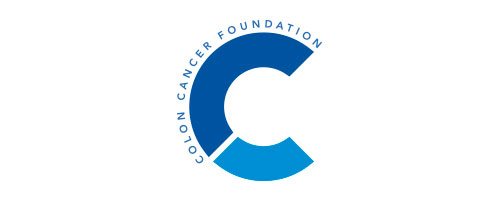Last updated March 16, 2020
Dear Friends,
As we continue to monitor developments regarding COVID-19, we hope that you and your loved ones are healthy and safe.
This situation is evolving daily and will continue to impact our communities in evolving ways. Yet, we take comfort in knowing that we have incredible people like you who are compassionate, resilient, and who consistently give back and pay it forward.
Due to this morning’s announcements by the Governors of New York, New Jersey and Connecticut prohibiting gatherings of more than 50 people we have no choice but to cancel the Colon Cancer Challenge at Randall’s Island scheduled for March 29th, 2020.
We can’t thank you enough for your hard work on our behalf and the contributions you have already made. As you know Colorectal Cancer doesn’t stop for anyone – not even COVID-19 – and your support will enable us to continue to fight the nation’s second leading form of cancer as we weather this storm.
For those of you who are interested in maintaining the fitness level required for a 2M walk or a 5K we recommend you turn this into an opportunity to join us for a “virtual” walk/run/bike ride” in your neighborhood or community park. (Observing social distancing recommendations of course). More details to follow!
We are also looking into the possibility of rescheduling the Colon Cancer Challenge for the fall. We will keep you posted as opportunities arise to be involved in In-person, live events to support our mission – A World Without Colorectal Cancer™.
In the meantime, we encourage you to visit these websites for the most current information and guidance, the New York City Department of Health (NYCDOH), the New York State Department of Health and the U.S. Centers for Disease Control and Prevention (CDC).
We also strongly encourage those in our community who are at a higher risk for serious illness from COVID-19 to take actions to reduce their risk of getting sick with the disease. For more information please visit https://www.cdc.gov/coronavirus/2019-ncov/specific-groups/high-risk-complications.html
If you have any questions you can contact the Colon Cancer Foundation by email at info@coloncancerfoundation.org or by phone at 914-305-6674.
Our sincerest wishes for a safe and healthy spring,
Cindy R. Borassi
Interim President
Colon Cancer Foundation


















